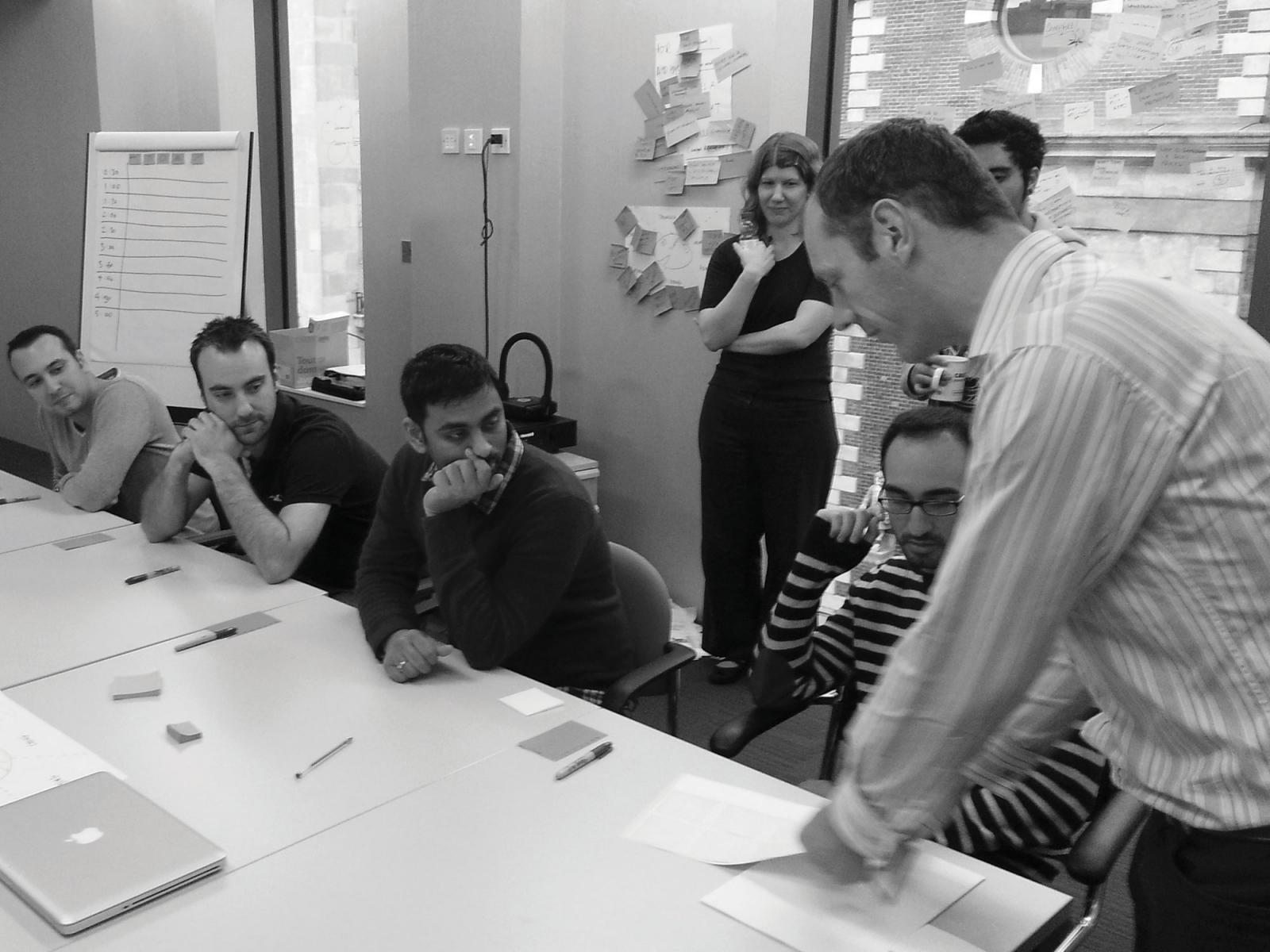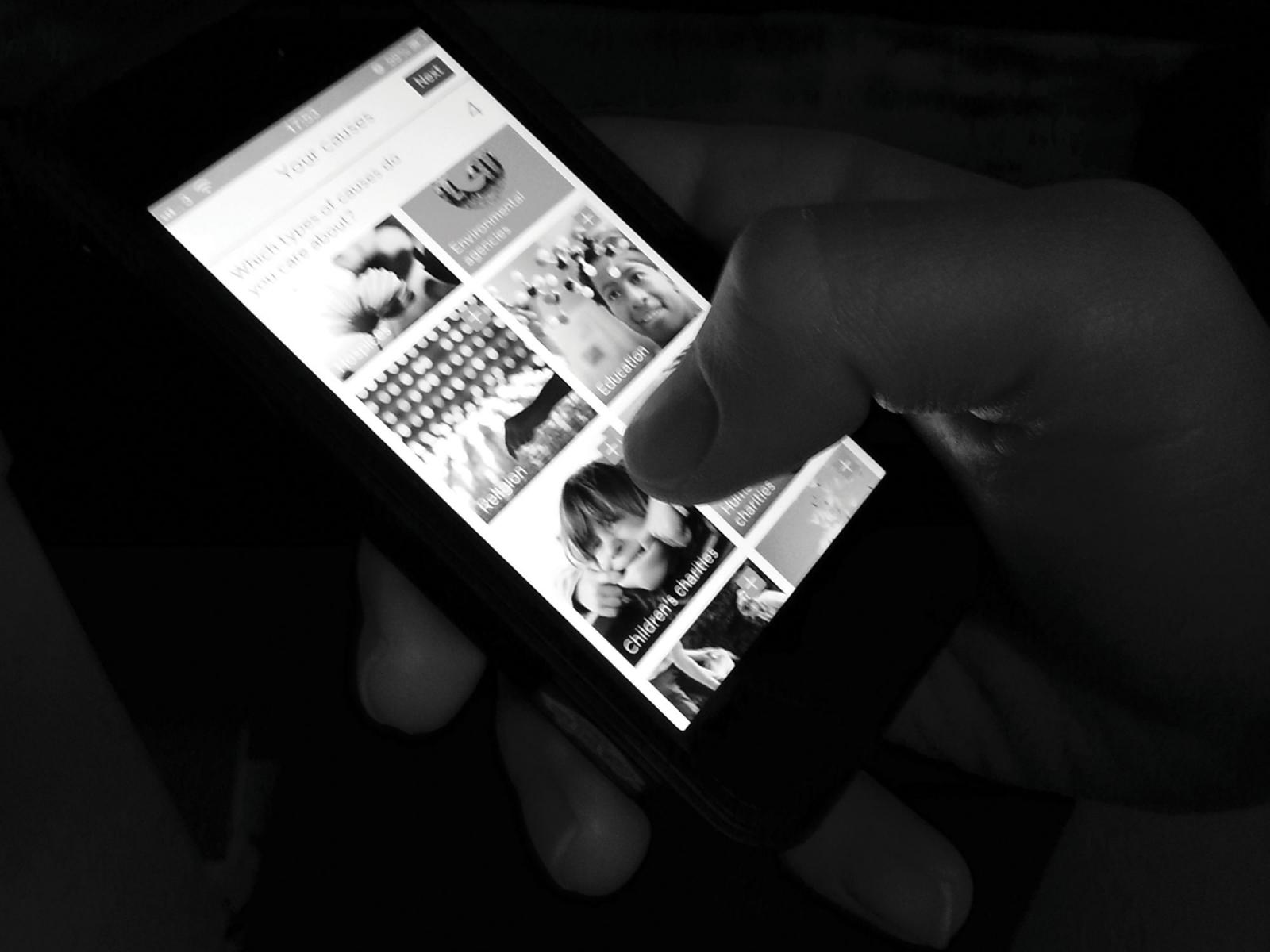
It’s Time to Discard Digital
Why is there no common definition of ‘Digital’?
Like all buzzwords, “Digital” is starting to get my goat. Everyone uses it, in every context, thinking it refers to some avant-garde business strategy or must have part of their personal lives. If Digital can mean everything, then does it mean anything at all?
I’m not alone in my confusion. When I questioned a number of colleagues, none felt they had a satisfactory definition. These were seasoned ‘Digital’ professionals saying they didn’t really know what ‘Digital’ is. What is going on here?
We set ourselves the task to find out.
We organized an event with a goal to simply ask “What is Digital?” and see what we might learn.
We posed the following questions to practitioners, Managing Directors, Management Consultants, and IT nerds from a range of ‘Digital’ industries including marketing, advertising, technology and consulting.
We asked:
- What does ‘Digital’ means in your work/ industry / context?
- What does it mean to your clients?

We asked for strong and clear opinions, presented in a dozen back-to-back 10-minute lightning talk with no slides. Our speakers were equally excited and terrified by the prospect of pontificating publicly about the well known, but somewhat ambiguous term.
We learned a lot. But not what we expected.
It was an energized night. Lots of speakers (we even had to cut a few because so many were ready to offer their insights), and plenty of interested attendees who were as confused as I was and were ready for an answer. (I confess part of me secretly wanted to see a heated argument turn into a fist fight - or well, maybe at least a food fight.)
Each speaker brought a different explanation of what digital meant to them. They told stories of what it looked like and what made sense in their work. They talked about the societal implications and what it meant philosophically. In one sense, the apparent disagreement was dissolving because they all shared such a similar core message. Everyone agreed that ‘Digital’ work is essentially a human endeavor.
Interesting. But it got more interesting.
The language used by the Managing Director of a Customer Experience agency was quite different from a veteran IT expert. Each speaker used language that made sense in their own context. Digital, was a word that made sense in each story individually, but didn’t necessarily add any deeper understanding or define a meaningful concept that could cut across all.
Here are some quotes that captured the diverse explanations:
"I don't get excited by digital, power, or plumbing.. But after going to a third world country you realize - a working toilet is actually pretty cool". - Andrew Gregovich
"Digital is an enabler for scaling and improving our understanding of human behavior, one of the main challenges of humanity." -Fabio Pereira
"I believe in a message first, medium second approach to digital. not just content for content’s sake. There’s already enough noise out there. I want to help my clients say something worthwhile to their audience." - Jill Schaeffer
"Digital for Working As We Go is the tools we use to create the life we dream of. We are talking about mobility, connectivity, efficiency and lifestyle!" - Karen Valaderes
‘We are in the middle of the biggest transformation in wealth creation and social impact in the history of humanity and it is powered by technology." - Pete Cooper
A common theme started to emerge. There was no substantive unifying meaning behind the word 'Digital'. With 10 different viewpoints, context, and jargons as baggage, 'Digital' emerged as nothing more than an enabler that allows us to get on with other things. It receded into the background, almost disappearing, rather than being the unicorn in the limelight.

Does it matter if we solve this digital pickle?
But who cares? Why not use Digital for anything and everything? The problem is that the casual use of the term obscures our ability to see the true nature of the landscape that makes up our rich and diverse industry.
It’s masking a treasure trove of important and exciting work that could easily go by their proper names. These other activities, which already belong to long established disciplines with their own language, are far better equipped to provide precise meanings. Work annexed by Digital includes marketing, advertising, publishing, and all types of communication. Increasingly, it overlays Sociology, Behavioral Economics, Philosophy, Business Models/ Entrepreneurship, Product Management, User Centered Design, and a lot more. All are discrete practices and not new, just because they’ve been labeled “Digital."
Let’s stop calling things ‘Digital’. It is an adjective that simply adds no value.
Instead it’s time to return to naming the underlying value or activity when reaching for a description. If we are talking about online marketing or SEO, we should say it. If we work in ‘Digital’ and spend our days defining the viability of digital things, say we're a product manager. Maybe someone specializes in the unique phenomenon that exists at the intersection of fast new tech and customer problems, then just say they’re a designer.
It’s ok, and it's refreshingly accurate.
By being explicit, we can properly identify opportunities that exist in the market and in the competitive landscape that you inhabit. It will be possible to see that other ‘Digital’ practitioners that work in a similar space are actually not the same as you and therefore if given the right context, could be an ideal partner or collaborator. Equally, the clarity can expose threats that were previously not visible. These could be threats to your unique offering as an organization, or as an individual. It will also expose the posers, the frauds, and the wannabes.
I can’t help but also wonder how long the idea of ‘Digital' will last. Once digital things become normalized, perhaps we won't even notice them anymore, like the electrical supply, plumbing, or a four-legged-table. We didn’t end up having a fist fight over the meaning of 'Digital', perhaps soon we can stop belaboring the word altogether.
Disclaimer: The statements and opinions expressed in this article are those of the author(s) and do not necessarily reflect the positions of Thoughtworks.

















